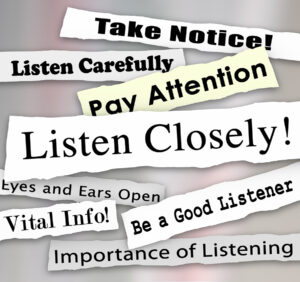I once had a student—let’s call him Sam—who reminded me why we teach. Sam was shy, didn’t like to speak much, and rarely made eye contact. During our first lesson, I noticed something: the way his fingers gently hovered over the keys, unsure but hopeful. I realized then that my job had nothing to do with scales or songs—not at first. My job was to make him feel safe. That moment became the foundation of my golden rule piano teaching philosophy: always lead with kindness.
What the Golden Rule Looks Like in Piano Lessons
Kindness isn’t just about being nice. It’s a framework. Here’s what it looks like in action:
- Listen first: Before correcting, we ask, “How did that feel to you?”
- Adapt to the student: Every child learns differently. Some need games; others need structure.
- Celebrate every effort: Even if they miss notes, they’re showing up—and that matters.
- Redirect with care: Instead of “That’s wrong,” we might say, “Let’s try it another way.”
When we treat students with the patience and respect we’d want for ourselves—or our own children—they respond with trust, curiosity, and resilience.
Why It Works
When students feel safe, they take risks. When they’re supported, they grow. And when they’re celebrated for who they are (not just what they play), they keep coming back.
At Lessons In Your Home, this approach isn’t just encouraged—it’s foundational. That’s why so many of our beginner students stay with us for years, not weeks.
Related Reading
Want to learn more about how mindset shapes lessons? Read our piece on connecting your child to their music lessons.
You can also explore the benefits of relationship-centered teaching in this Music Teacher Magazine article that highlights the role of empathy in music education.
FAQ: Teaching Philosophy in Lessons
Is being kind enough to keep students progressing?
Yes. Encouragement paired with structure fosters both growth and motivation—especially for beginners.
What if my child doesn’t respond to praise?
Some students need time. Others may respond better to visual charts or playful challenges. A great teacher adapts.
How do I know if the teacher is the right fit?
Ask yourself: Is my child excited after lessons? Are they gaining confidence? If the answer is yes, you’re on the right track.
